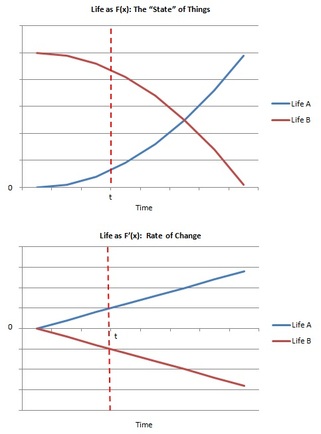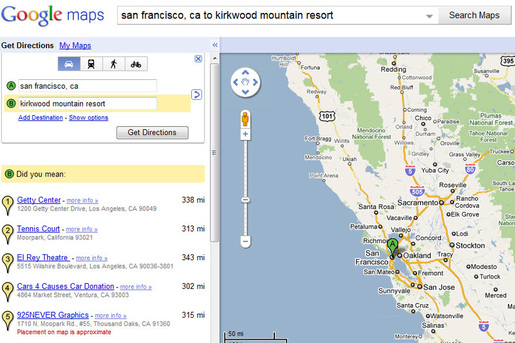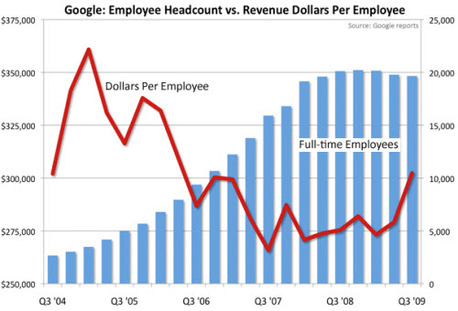--
In the spirit of "ideas worth spreading," TED has created TEDx. TEDx is a program of local, self-organized events that bring people together to share a TED-like experience. Our event is called TEDxConstitutionDrive, where x = independently organized TED event. At TEDxConstitutionDrive, TEDTalks video and live speakers will combine to spark deep discussion and connection in a small group. The TED Conference provides general guidance for the TEDx program, but individual TEDx events, including ours, are self-organized.
The theme of TEDxConstitutionDrive is TRUST. Trust as both a noun and a verb. In a small venue with less than 100 people, we will explore different perspectives on trust that go beyond the basic morality and reach into business, technology and neuroscience to arrive at sometimes surprising conclusions. Confirmed speakers include Anant Agrawal, CEO of Cantaloupe Systems, and Paul Zak, Director of the Center for Neuroeconomic Studies.
We hope to make this an intimate and low-key event where people who are deeply interested in the topic can engage with each other on a personal level. Please come with an open mind and a sincere desire to connect with the ideas and the other attendees.
Register here: http://TEDxConstitutionDrive.eventbrite.com
About TED
TED is a nonprofit organization devoted to Ideas Worth Spreading. Started as a four-day conference in California 25 years ago, TED has grown to support those world-changing ideas with multiple initiatives. The annual TED Conference invites the world's leading thinkers and doers to speak for 18 minutes. Their talks are then made available, free, at TED.com. TED speakers have included Bill Gates, Al Gore, Jane Goodall, Elizabeth Gilbert, Sir Richard Branson, Nandan Nilekani,Philippe Starck, Ngozi Okonjo-Iweala, Isabel Allende and UK Prime Minister Gordon Brown. The annual TED Conference takes place in Long Beach, California, with simulcast in Palm Springs; TEDGlobal is held each year in Oxford, UK. TED's media initiatives include TED.com, where new TEDTalks are posted daily, and the Open Translation Project, which provides subtitles and interactive transcripts as well as the ability for any TEDTalk to be translated by volunteers worldwide. TED has established the annual TED Prize, where exceptional individuals with a wish to change the world are given the opportunity to put their wishes into action; TEDx, which offers individuals or groups a way to host local, self-organized events around the world, and the TEDFellows program, helping world-changing innovators from around the globe to become part of the TED community and, with its help, amplify the impact of their remarkable projects and activities.
Follow TED on Twitter at twitter.com/TEDTalks, or on Facebook at facebook.com/TED




 RSS Feed
RSS Feed